PITAVASTATIN - ORAL
PHONETIC PRONUNCIATION: (pit-A-va-STAT-in)
COMMON BRAND NAME(S): Livalo, Zypitamag
GENERIC NAME(S): pitavastatin calcium
Uses
USES: Pitavastatin is used along with a proper diet to help lower "bad" cholesterol and fats (such as LDL, triglycerides) and raise "good" cholesterol (HDL) in the blood. It belongs to a group of drugs known as "statins." It works by reducing the amount of cholesterol made by the liver. Lowering "bad" cholesterol and triglycerides and raising "good" cholesterol decreases the risk of heart disease and helps prevent strokes and heart attacks. In addition to eating a proper diet (such as a low-cholesterol/low-fat diet), other lifestyle changes that may help this medication work better include exercising, losing weight if overweight, and stopping smoking. Consult your doctor for more details.
How to use PITAVASTATIN - ORAL
HOW TO USE: Take this medication by mouth with or without food as directed by your doctor, usually once daily. Dosage is based on your medical condition, response to treatment, and other medications you may be taking. Be sure to tell your doctor and pharmacist about all the products you use (including prescription drugs, nonprescription drugs, and herbal products). If you also take certain other drugs to lower your cholesterol (bile acid-binding resins such as cholestyramine or colestipol), take pitavastatin at least 1 hour before or at least 4 hours after taking these medications. These products can react with pitavastatin, preventing its full absorption. Take this medication regularly in order to get the most benefit from it. Remember to take it at the same time each day. It is important to continue taking this medication even if you feel well. Most people with high cholesterol or triglycerides do not feel sick. It is very important to continue to follow your doctor's advice about diet and exercise. It may take up to 4 weeks before you get the full benefit of this drug.
Side Effects
Precautions
Interactions
Overdose
Images
Reviews
Faq for PITAVASTATIN - ORAL
Pitavastatin is a medication that belongs to a group of drugs called statins. It is used to lower cholesterol levels in the blood.
Pitavastatin works by blocking an enzyme called HMG-CoA reductase, which is responsible for producing cholesterol in the liver. By inhibiting this enzyme, pitavastatin helps to reduce the amount of cholesterol produced and lowers the overall cholesterol levels in the body.
The common side effects of pitavastatin may include muscle pain or weakness, headache, dizziness, stomach pain, constipation, and nausea. However, not everyone experiences these side effects, and they usually go away on their own.
Pitavastatin has the potential to interact with other medications, including certain antibiotics, antifungal drugs, and some HIV medications. It is important to inform your doctor about all the medications you are currently taking to avoid any potential interactions.
The full effects of pitavastatin can take up to 4 weeks to be seen. Your doctor may perform blood tests periodically to check your cholesterol levels and adjust the dosage if needed.
Pitavastatin is not recommended during pregnancy as it may cause harm to the developing fetus. It is important to use effective contraception while taking pitavastatin.
It is generally recommended to follow a healthy diet low in cholesterol and saturated fats while taking pitavastatin. Your doctor or a registered dietitian can provide specific dietary recommendations based on your individual needs.
If you miss a dose of pitavastatin, take it as soon as you remember. However, if it is close to the time for your next dose, skip the missed dose and resume your regular dosing schedule. Do not take a double dose to make up for a missed dose.
In rare cases, pitavastatin can cause liver problems, including an increase in liver enzymes or liver function abnormalities. It is important to inform your doctor if you experience any symptoms of liver damage, such as dark urine, yellowing of the skin or eyes, or persistent nausea and fatigue.
Disclaimer
IMPORTANT: HOW TO USE THIS INFORMATION: This is a summary and does NOT have all possible information about this product. This information does not assure that this product is safe, effective, or appropriate for you. This information is not individual medical advice and does not substitute for the advice of your health care professional. Always ask your health care professional for complete information about this product and your specific health needs.
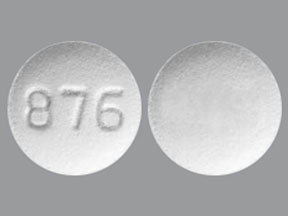
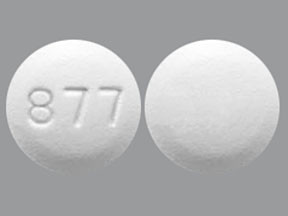
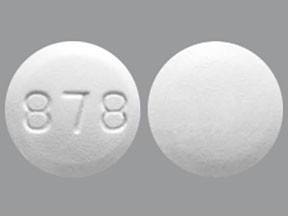
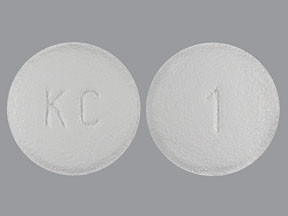
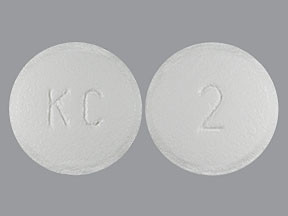
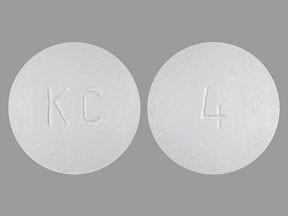
For :
By Mo B. on 14 Jan, 2019